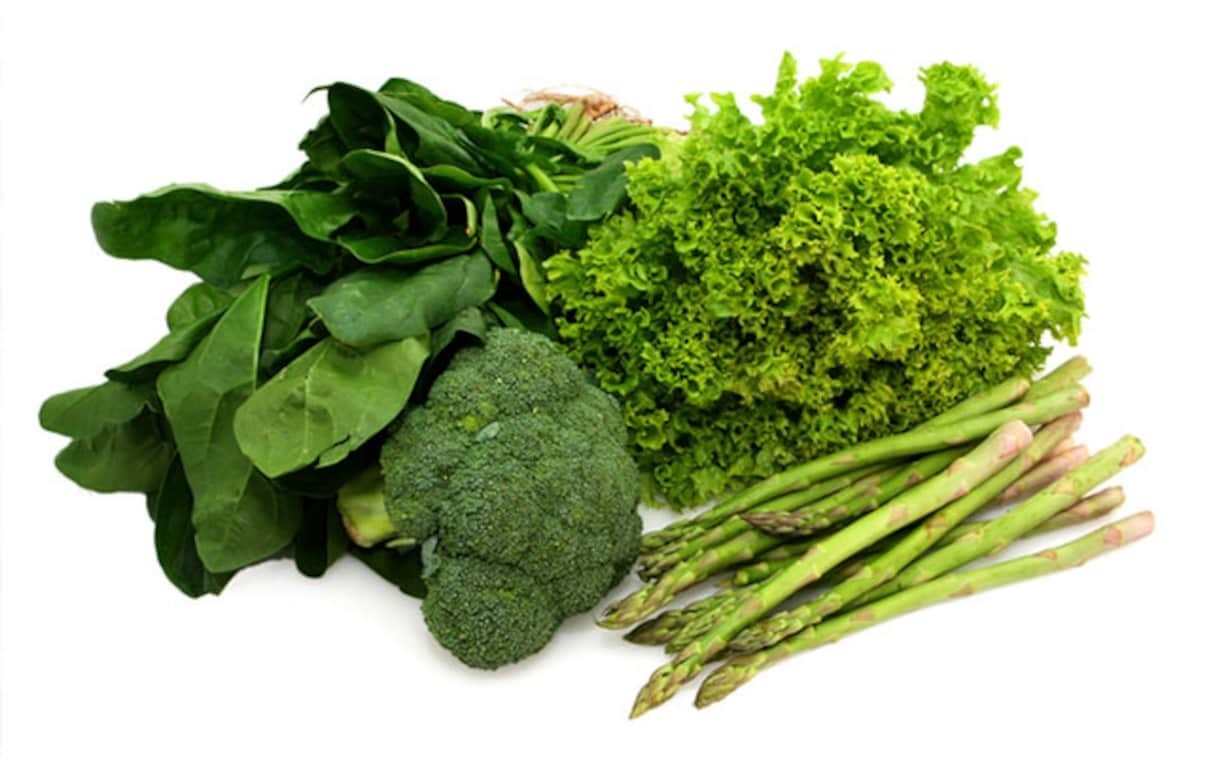An unhealthy gut can easily cause acne and skin irritation, and can also make it difficult to control weight, which can lead to diabetes and obesity over time.
 |
| Leafy vegetables are rich in fiber and help reduce the risk of intestinal diseases. (Source: NDTV) |
Many scientists believe that the digestive system acts as the body's second brain. There is also a view that all diseases originate from the intestines.
According to ETToday , the intestine is the most important digestive and absorption organ of the human body, and is also the organ that eliminates toxins and waste.
For the skin, when there is a problem with the intestines, toxins easily accumulate, causing acne, hives, allergies, and dull, lackluster skin.
For body shape, unhealthy intestines make the waist always bloated, untidy, difficult to control weight and can become the cause of obesity and diabetes.
To maintain and improve intestinal health, you should establish the following eating habits:
Eat more fiber
Fiber helps promote intestinal motility, helps eliminate toxins from the body, reduces the risk of intestinal diseases, helps control blood sugar and blood lipids.
Foods rich in fiber include leafy vegetables, oats, beans, seaweed, whole grains...
Supplement probiotics
Fermented foods such as kimchi, yogurt, cheese, natto, kombucha... are often rich in probiotics, which can improve the composition of intestinal microorganisms, regulate the body's immune function, and help prevent and reduce the occurrence of diseases.
Prebiotics are food for probiotics, which can promote the growth of probiotics and inhibit the growth of pathogenic bacteria in the intestines. Prebiotics are abundant in onions, garlic, leeks, cabbage, apples, bananas, berries, etc.
Eat a variety of foods
Excessive abstinence from any food group can cause an imbalance in gut bacteria.
A varied diet with scientific and reasonable dosage helps provide enough nutrition for the body while promoting diverse intestinal bacteria.
Source






















![[Photo] National Assembly Chairman Tran Thanh Man visits Vietnamese Heroic Mother Ta Thi Tran](https://vphoto.vietnam.vn/thumb/1200x675/vietnam/resource/IMAGE/2025/7/20/765c0bd057dd44ad83ab89fe0255b783)















































































Comment (0)